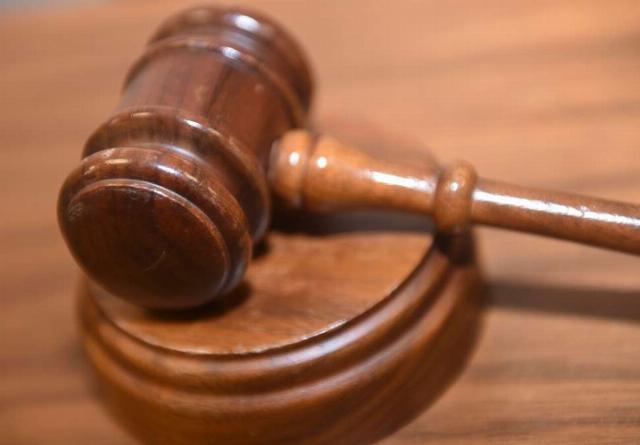The Poor Legal Arguments of Jack Smith
On Friday, Judge Aileen Cannon, overseeing the Florida-based records prosecution of former president Donald Trump, heard a lawsuit regarding the legitimacy of the appointment of special prosecutor Jack Smith. On Sunday, his office provided the response to those complaints. On Monday, the court entertained the oral arguments regarding this issue. Based upon his arguments, even a non-lawyer such as myself can see that the two cases (Florida and Washington, D.C.) are illegitimate. Now we must await Judge Cannon’s opinion.
On Sunday evening, Mark Levin announced on Fox News that his Landmark Legal Foundation had filed a brief concerning the validity of Jack Smith’s appointment. He laid out the legal arguments. Further information demonstrates the weakness of Smith’s argument. Levin noted that Ed Meese and Michael Mukasey provided briefs arguing against Smith’s appointment. I will give the information as briefly as possible.
The Appointments Clause in Article II, Section 2 of the U.S. Constitution grants the president significant powers to affect the leadership of the federal government: “and [the president] shall nominate, and by and with the Advice and Consent of the Senate, shall appoint Ambassadors, other public Ministers and Consuls, Judges of the supreme Court, and all other Officers of the United States, whose Appointments are not herein otherwise provided for, and which shall be established by Law: but the Congress may by Law vest the Appointment of such inferior Officers, as they think proper, in the President alone, in the Courts of Law, or in the Heads of Departments.”
In this way, the power to create offices and the power to appoint those persons are separated, which was not the case under the British royal power in 1776. The founders chose to allow separation of powers and a check on the power of the Executive through the Congress.
In his answer to the complaint, Jack Smith argued that he is an inferior officer. He cites laws that provide for such appointments under the Justice Department. He quotes Senator Bob Dole’s statement from 1992. All of this is true, since he recognizes that he was not confirmed by the Senate. Further, Smith argues that former A.G. Bill Barr had made similar appointments during his first stint as attorney general.
During his second stint as A.G., Barr appointed special prosecutors, but they were already U.S. attorneys sanctioned by the Senate. Jack Smith never received Senate approval, so he must be an inferior officer. The Supreme Court defined these positions in Buckley v. Valeo, holding that only those appointees “exercising significant authority pursuant to the laws of the United States” are “Officers of the United States,” and hence it is only those who exercise such “significant authority” who must be appointed by a mechanism set forth in the Appointments Clause. The Court listed in Morrison v. Olson (1988) certain factors as hallmarks of “inferior Officer” status, such as removability by a higher Executive Branch official other than the president and limitations on the officer’s duties, jurisdiction, and tenure. In Edmond v. United States (1997), the Court stated that “‘inferior Officers’ are officers whose work is directed and supervised at some level by others who were appointed by Presidential nomination with the advice and consent of the Senate.” Among those officers recognized as “inferior” are district court clerks, federal supervisors of elections, the Watergate special prosecutor, and an independent counsel appointed under the Ethics in Government Act of 1978.
The Justice Department has established regulatory guidelines for special prosecutors, which would be acceptable under the 1978 law. In early June, Representative Thomas Massie questioned A.G. Merrick Garland about the legitimacy of Smith’s appointment after quoting former A.G. Ed Meese’s brief. Garland had no answer for the issue. Perhaps Garland understood that if he was overseeing the cases that that would mean the White House and he were directly involved, which would be election interference? But they deny this and claim that Smith is independent. That would make him a superior officer, requiring confirmation.
However, there is another problem with Smith’s argument. The law that he cites in Cannon’s court was allowed to lapse in 1999. There is no law authorizing the DOJ to appointment an inferior officer with such power. So this is a violation of the Constitution’s Appointments Clause.
Sorry, but Smith’s legal argument is sophomoric. This situation explains all the leftist articles against Judge Cannon, who clearly is acting as a real judge.

Image via Picryl.





Comments are closed.